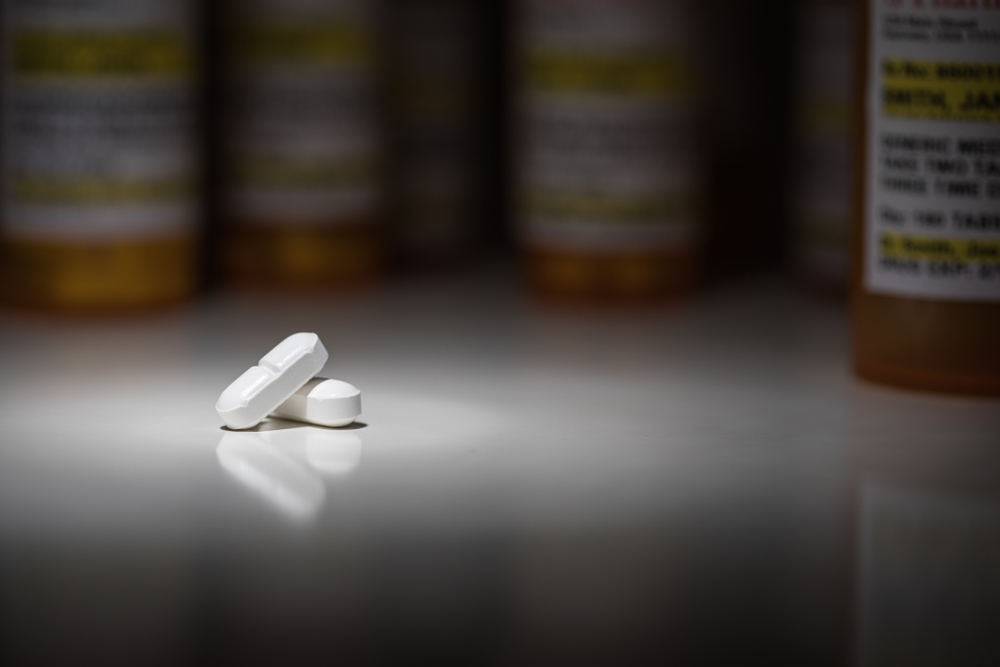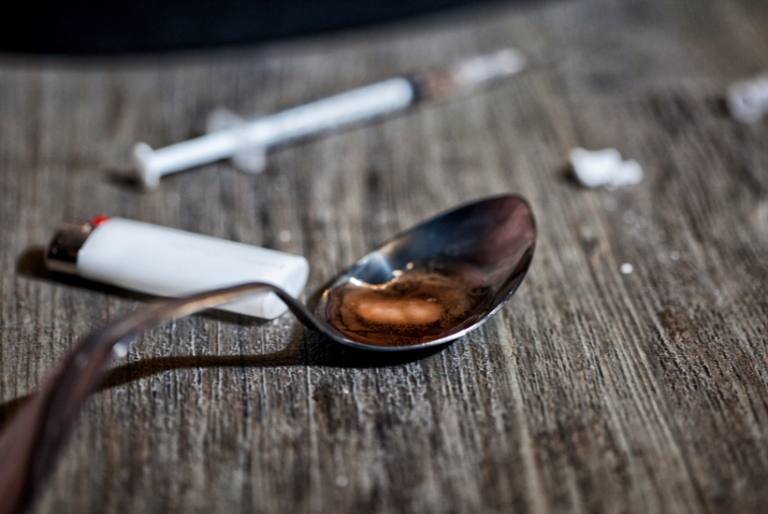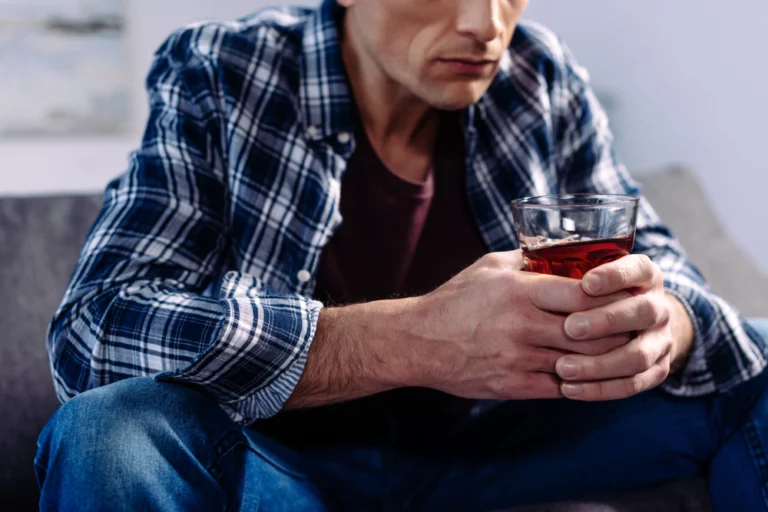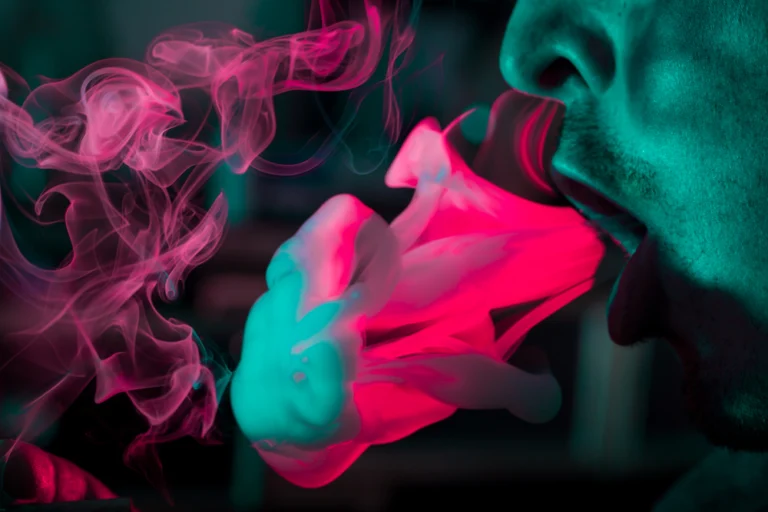Is Vicodin Addictive? The Facts You Need to Know
When exploring the world of pain management, the question, “Is Vicodin addictive?” can be a significant concern. Vicodin, a widely prescribed painkiller, treats moderate to severe pain. As individuals search for pain relief medication, Vicodin may come up. Understanding the addiction potential and risks of taking Vicodin is essential before committing to taking it for pain.
In this article, we will answer the question, “Is Vicodin addictive?” by looking into what Vicodin is, the side effects, how it is abused, and why it is addictive.
What is Vicodin?
Vicodin is an opioid pain reliever containing hydrocodone and acetaminophen. Doctors prescribe it to relieve moderate to severe pain after injuries or surgery. The hydrocodone in Vicodin binds to opioid receptors in your brain that alter your perception of pain, while the acetaminophen boosts these effects. This combination makes Vicodin highly effective at eliminating pain.
Unfortunately, Vicodin is also highly addictive because of the euphoric high it produces. Your body can become dependent on it in a short time. Misusing Vicodin by taking higher or more frequent doses than prescribed increases the risks of overdose and addiction.
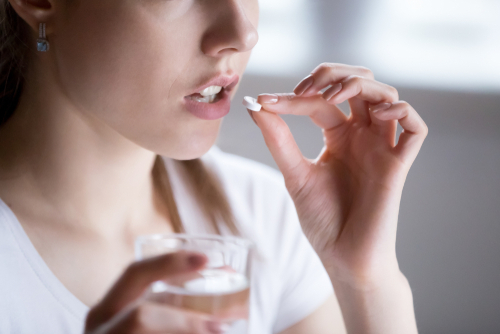
Vicodin Side Effects
The effects of Vicodin tend to be felt within 30-60 minutes of taking the medication. As the hydrocodone ingredient activates the opioid receptors in your brain, the central nervous system begins to slow down, causing the side effects of Vicodin use. Some of the most common side effects of taking Vicodin include:
- Drowsiness
- Euphoria and relaxation
- Impaired thinking
- Itching
- Headache
- Nausea and vomiting
- Dizziness
- Constipation
The impacts of Vicodin are intended to last 4-6 hours. However, the medication may remain in your system for longer. The risks of overdose or dangerous side effects increase if you take Vicodin too frequently or in higher doses than prescribed. Vicodin can be highly addictive, even when taken as directed for legitimate medical purposes.
Learn More: How Long Does Vicodin Stay in Your System?
Is Vicodin Addictive?
Vicodin and similar prescription opioids are incredibly addictive because of how they affect your brain. When you take Vicodin, it binds to opioid receptors in your central nervous system. Your brain then releases dopamine, activating your reward center. You may feel euphoric or content, and your brain learns to crave what produced that feeling. While the primary reason Vicodin is addictive is because of how it affects the brain, there are other reasons why an individual may become addicted to Vicodin.
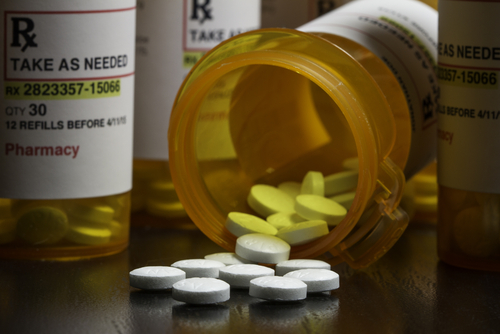
Why Is Vicodin So Addictive?
Vicodin addiction and dependence don’t arise from a single cause but rather from a complex interplay of various factors. These elements converge to create an environment where the risk of becoming addicted to or dependent on Vicodin becomes more likely.
The duration and dosage of Vicodin use contribute to addiction and dependence. Using Vicodin for an extended period, even if prescribed by a healthcare professional, can lead to tolerance. Tolerance means that the body becomes accustomed to the drug over time, requiring higher doses to achieve the same effects. This cycle of escalating doses can quickly escalate to dangerous levels, fostering physical and psychological reliance on the drug.
Individuals with prior experiences of substance abuse or drug addiction, whether to opioids or other substances, are more vulnerable to Vicodin addiction. Mental health conditions like anxiety, depression, or trauma can heighten susceptibility. Vicodin might be sought to self-medicate emotional distress, intensifying its usage and potential for dependency. Recognizing the influence of social contexts is equally vital, with accessible sources of Vicodin, whether through prescriptions or the illicit market, amplifying the likelihood of misuse.
How is Vicodin Used and Abused?
Vicodin can be used properly under a doctor’s guidance but is also frequently abused. People may take Vicodin pills orally as directed for legitimate pain relief, following the instructions on the prescription.
Abusers often crush the pills into a powder to snort or inject the drug to intensify the effects. This dangerous practice leads to a faster, more intense high but also increases the risks of overdose, addiction, and permanent harm. Some people obtain Vicodin illegally to get high, while others become addicted through misusing their prescription.
Vicodin Withdrawal Symptoms
Vicodin contains hydrocodone, an opioid that can be highly addictive. Taking Vicodin for an extended period or in high doses can lead to physical and psychological dependence. Once this dependence has developed, the body may go through withdrawal symptoms if an individual stops taking Vicodin. Some of the most common withdrawal symptoms may include:
- Restlessness
- Muscle and bone pain
- Insomnia, diarrhea
- Vomiting
- Cold flashes
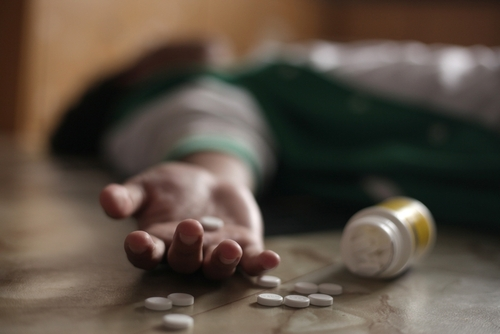
The Impact of Vicodin Addiction
Vicodin addiction will wreak havoc on your life. Your work or studies will suffer as your focus shifts to using Vicodin and dealing with withdrawal. You may miss more work or school, prioritizing Vicodin over responsibilities.
Your relationships will deteriorate. Time and money spent on Vicodin leaves less for loved ones. You may isolate yourself as addiction takes over.
Addiction erodes trust and causes pain for your family. They see you struggle and want to help but feel powerless. Family events become tense as your behavior changes. Ultimately, addiction damages the foundation of your family.
The effects of Vicodin addiction spread like ripples in a pond, touching all aspects of your world. But with a commitment to sobriety, the power to reclaim your life from addiction is in your hands.
Read More: Understanding the Addiction Cycle: An Informative Guide
Vicodin Addiction Treatment Options
If you or someone you know is struggling with Vicodin addiction, it’s essential to know that several treatment options are available. Vicodin addiction can look different for every individual, so finding the best treatment plan that works for your addiction symptoms is essential. Vicodin addiction treatment will typically occur at an addiction treatment center, where individuals will create treatment plans to recover from their addiction. These treatment plans may include the following treatment options:
Vicodin Medical Detox
The first step in overcoming a Vicodin addiction is medically detoxing from the drug under medical supervision. Vicodin withdrawal can be difficult and may require medications or therapy to alleviate withdrawal symptoms. A medical detox provides a safe environment for detoxing from Vicodin.
Partial Hospitalization Programs
A partial hospitalization program (PHP) provides intensive daytime treatment for addiction. Patients attend structured programs five days a week for 6-8 hours daily. PHPs offer group therapy, individual therapy, medication management, and education about addiction and recovery.
Intensive Outpatient Programs
Intensive outpatient programs (IOPs) provide intensive evening treatment several times weekly. Patients attend structured programs 2-4 weekly evenings for 2-4 hours. IOPs offer many of the same services as PHPs but with a less intensive schedule.
Long-term Recovery Programs
Long-term recovery programs, such as residential treatment centers or sober living homes, provide ongoing support for months to years. These programs help establish long-term sobriety and a recovery lifestyle. Options include residential treatment, sober living homes, and long-term outpatient treatment.
The key to overcoming a Vicodin addiction is finding a comprehensive treatment program that meets your needs. Combining detox, intensive outpatient or inpatient treatment, and long-term recovery support provides the best chance at success. Many resources are available to help you recover from an addiction to Vicodin.
Prescription Pill Addiction Treatment at Louisville Recovery Center
You don’t have to go through this alone. Help is out there. Contact medical professionals and support groups, or call a free helpline. Speaking with others who have been in your shoes can help motivate you and keep you accountable.
Louisville Recovery Center offers customized treatment programs for Vicodin addiction. Their caring staff provide medically supervised detox, therapy, and aftercare. Give us a call at (502) 706-4406. We understand what you’re going through and want to see you live a happy, healthy life free of addiction.

